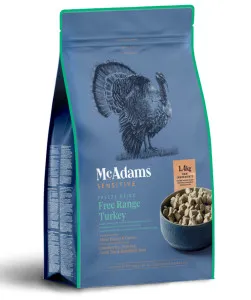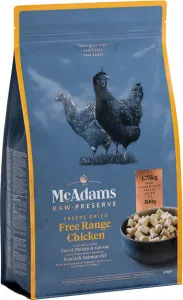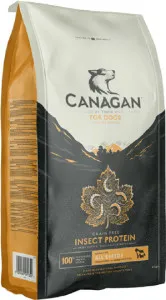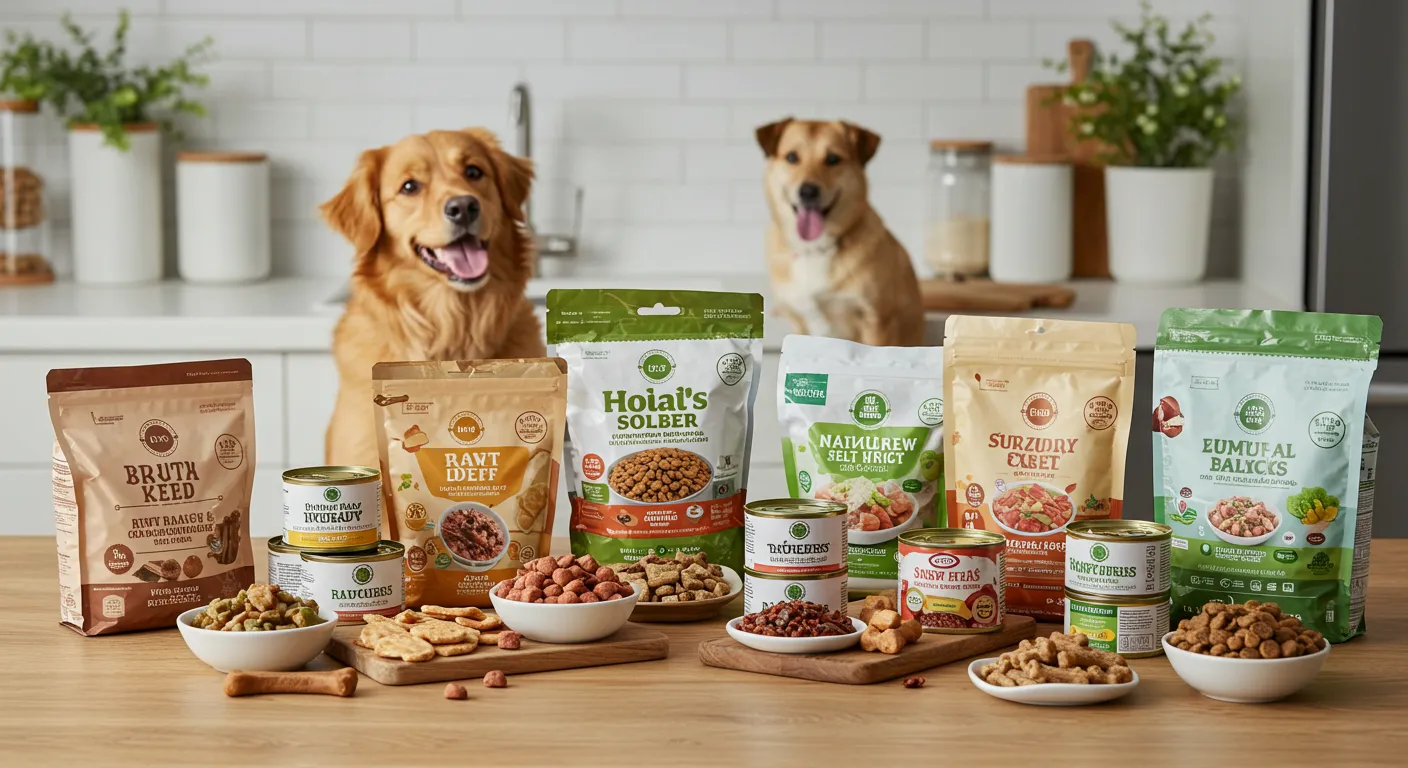What Is the Best Food to Feed Your Pet?
The best food for your pet depends on their species, age, health, and dietary needs, but high-quality, protein-rich, and vet-approved commercial pet food is usually the safest choice. Whether you have a dog, cat, rabbit, or bird, selecting the right nutrition is crucial for their longevity and happiness. In this guide, we’ll break down the best pet food options, what to look for in ingredients, and how to tailor meals for your furry (or feathery) friend.
Why Choosing the Right Pet Food Matters
Feeding your pet the wrong food can lead to obesity, allergies, or even serious health conditions. A balanced diet ensures they get the right nutrients for energy, growth, and a strong immune system. Here’s why it’s important:
- Prevents health issues – Poor nutrition can cause diabetes, kidney disease, or joint problems.
- Supports coat and skin health – Omega fatty acids in quality food keep fur shiny and skin irritation-free.
- Boosts energy and mood – Just like humans, pets feel better when eating well.
- High-quality animal protein – Chicken, beef, lamb, or fish should be the first ingredient.
- Whole grains or veggies – Brown rice, sweet potatoes, and peas provide fiber.
- No artificial additives – Avoid fillers like corn syrup and artificial preservatives.
- Animal-based protein – Chicken, turkey, or fish should dominate the ingredient list.
- Taurine – An essential amino acid for heart and eye health.
- Moisture-rich options – Wet food helps prevent urinary tract issues.
- Hay (for rabbits & guinea pigs) – Timothy hay should be 80% of their diet.
- Fresh veggies – Leafy greens like kale and carrots (in moderation).
- Pellets (fortified) – Ensure they’re species-specific and low in sugar.
- Seed mixes (in moderation) – Too many seeds can lead to obesity.
- Pellets (main diet) – Fortified pellets ensure balanced nutrition.
- Fresh fruits & veggies – Apples, berries, and leafy greens are great.
- Consult a vet nutritionist – They can create a balanced meal plan.
- Avoid toxic foods – Onions, chocolate, and grapes are dangerous for pets.
- Supplement properly – Pets may need added vitamins or minerals.
- Unnamed meat sources – "Meat by-products" can mean low-quality protein.
- Excessive fillers – Corn, soy, and wheat offer little nutritional value.
- Artificial colors/flavors – Linked to allergies and hyperactivity.
- Match food to their life stage – Puppies, adults, and seniors have different needs.
- Check for AAFCO approval – Ensures the food meets nutritional standards.
- Monitor their reaction – Adjust if they show allergies or digestive issues.
If you're unsure where to start, check out our Pet Food Analyzer for personalized recommendations.
Best Food for Dogs
Dogs thrive on a protein-rich diet with balanced fats and carbs. Look for these key ingredients:
For puppies, seniors, or dogs with allergies, specialized formulas are available. Always consult your vet before switching foods.
Best Food for Cats
Cats are obligate carnivores, meaning they need meat to survive. The best cat food includes:
Dry kibble is convenient, but a mix of wet and dry food is ideal for hydration.
Best Food for Small Pets (Rabbits, Guinea Pigs, Hamsters)
Small pets need fiber-rich diets to support digestion:
Recommended Products

McAdams Freeze Dried Free Range Turkey is an excellent choice for what is the best food to feed your pet?. This dog food contains Boneless Free Range Turkey 86.5% and other high-quality ingredients that promote overall health.

McAdams Freeze Dried Free Range Chicken is an excellent choice for what is the best food to feed your pet?. This dog food contains Boneless Free Range Chicken 86% and other high-quality ingredients that promote overall health.

Canagan Insect is an excellent choice for what is the best food to feed your pet?. This dog food contains Freshly Prepared Insects (27%)* and other high-quality ingredients that promote overall health.
Avoid iceberg lettuce and sugary fruits, which can cause digestive problems.
Best Food for Birds
Birds need variety to stay healthy:
Always research your bird species—some have unique dietary needs.
Homemade vs. Commercial Pet Food
While homemade meals can be healthy, they require careful planning to avoid nutrient deficiencies. Commercial pet food is formulated to meet all dietary needs, but always choose reputable brands. If you prefer homemade:
Red Flags in Pet Food Ingredients
Watch out for these warning signs when shopping:
For a deeper dive into ingredients, try our Pet Food Analyzer .
Final Thoughts: How to Choose the Best Pet Food
The best pet food keeps your companion healthy, happy, and full of energy. Remember:
Ready to find the perfect food for your pet? Explore our Pet Food Analyzer for expert recommendations tailored to your furry friend!
